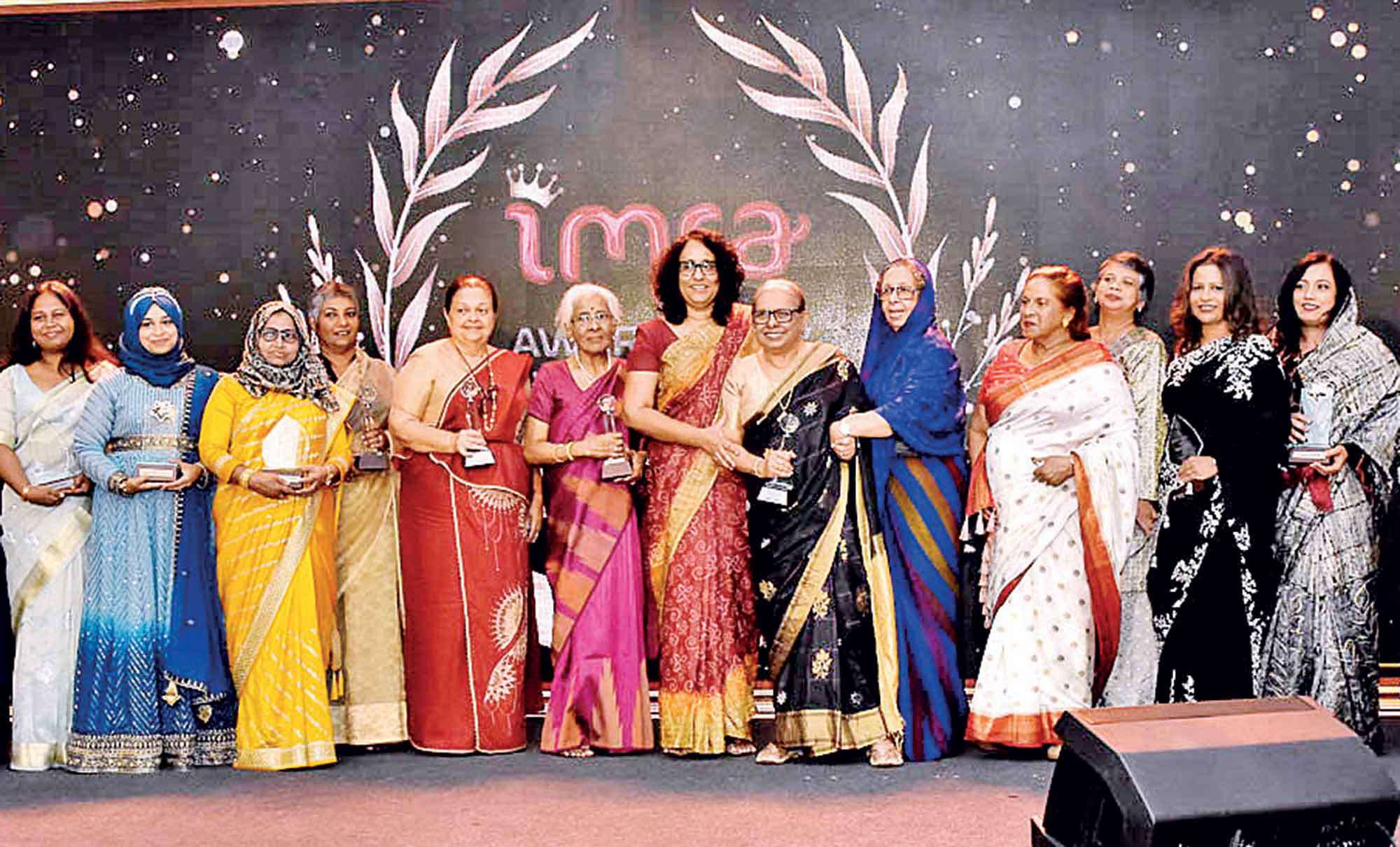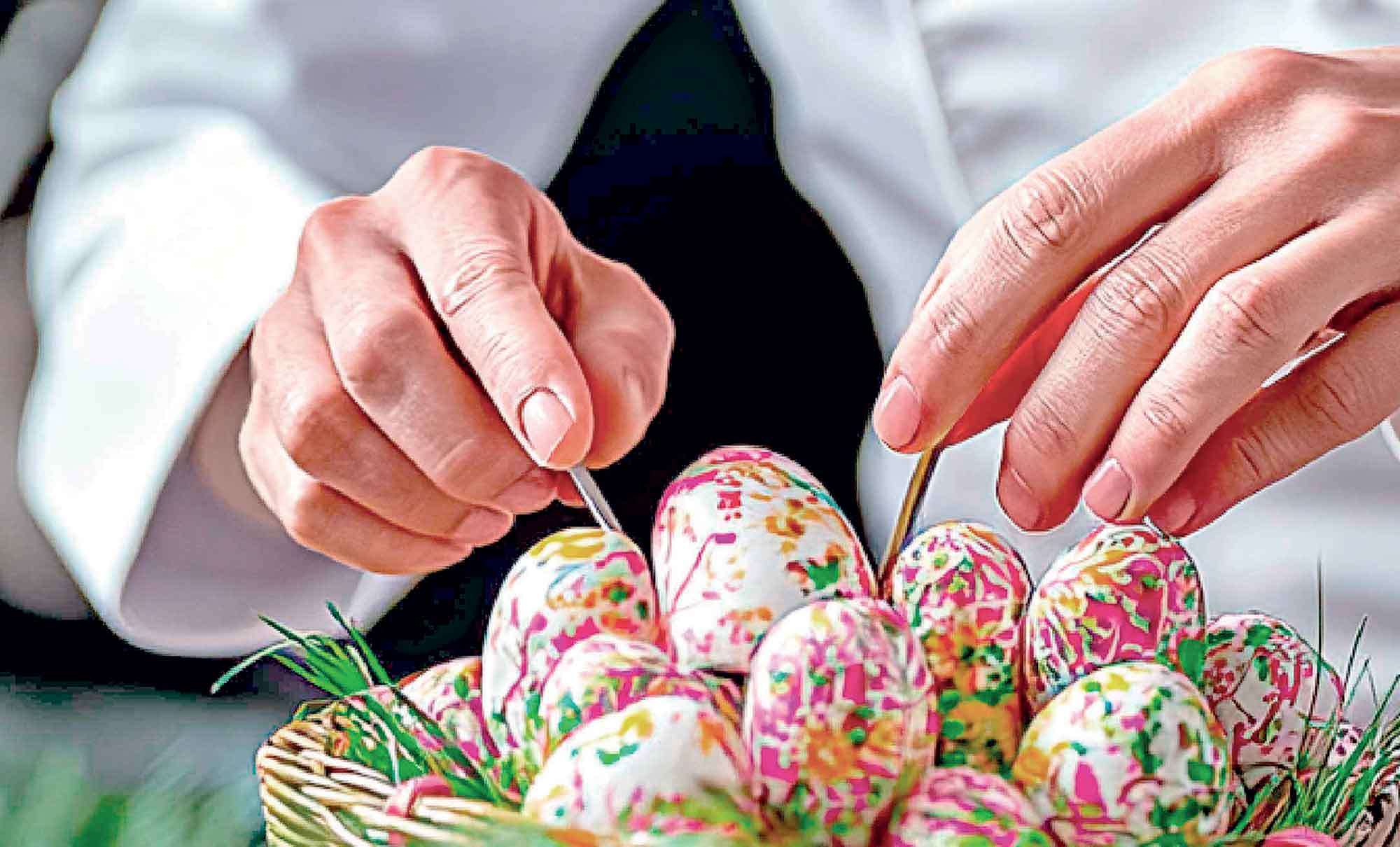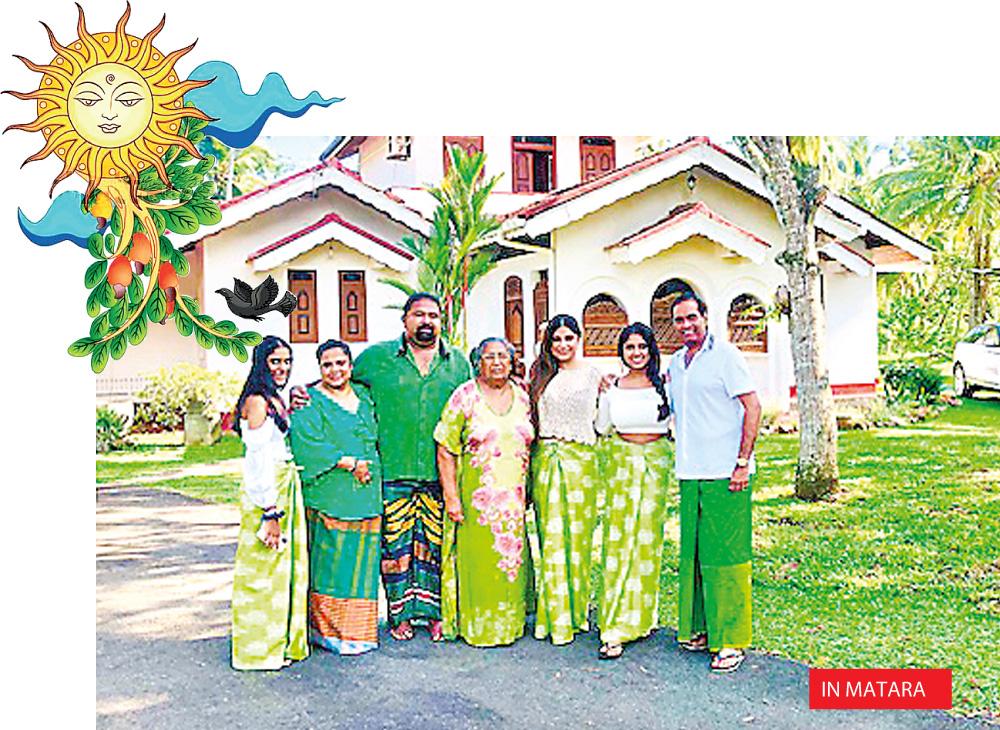
The Sinhala and Tamil New Year, widely known as Avurudhu, is a time of renewal, togetherness, and deep-rooted traditions in Sri Lanka. Marking the transition of the sun from the Meena Rashiya (Pisces) to the Mesha Rashiya (Aries), this festival is celebrated with much enthusiasm across the island. We sat down with Gayathri Jayasinghe to get an inside look at how her family embraces Avurudu customs, the joys of festive preparations, and her cherished memories of this special time of year.
My favourite tradition is boiling milk in a pot and allowing it to bubble over, symbolizing prosperity.
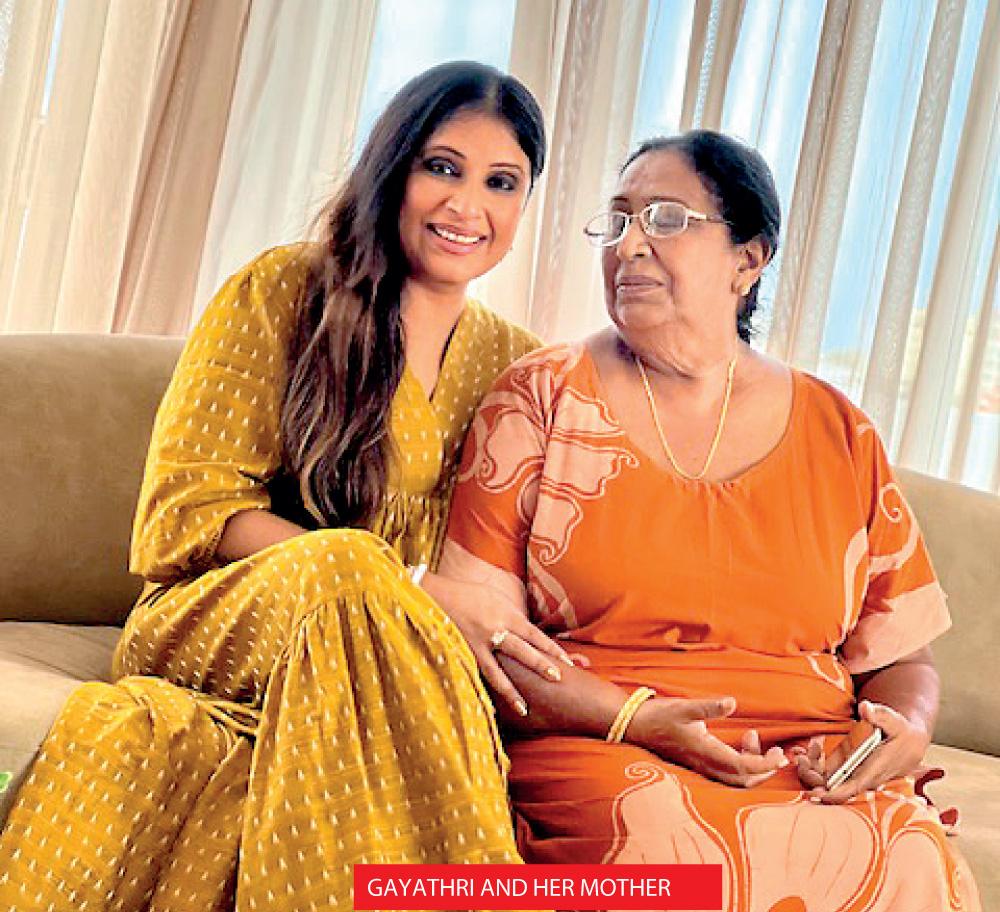
 Q: Do you follow all the auspicious times and perform religious activities accordingly?
Q: Do you follow all the auspicious times and perform religious activities accordingly?
Yes, we do, unless we are not in the country. Observing the auspicious times is an integral part of the celebrations, bringing good fortune and harmony into the coming year.
Q: What is your favorite Avurudu tradition?
My favourite tradition is boiling milk in a pot and allowing it to bubble over, symbolizing prosperity. Another meaningful tradition is children offering betel sheaves to elders as a sign of respect. In return, elders bless them and gift them money. As a child, receiving the blessing, and the money, was always a highlight of the celebrations.
Q: Are there any special family traditions that you observe during Avurudu?
There are no specific family traditions unique to us, but we make it a point to observe all common Avurudu rituals. The customs and rituals are deeply ingrained in the celebration, and we ensure that we follow them with devotion and joy.
Avurudu is more than just a change of the calendar; it is a cultural extravaganza filled with traditions and family bonding.
Q: Do you celebrate only with immediate family or also with extended family like grandparents, cousins, etc.?
We celebrate Avurudu with immediate family (my husband, Mangala and our two daughters, Ranthini and Yoneli), and after performing all the rituals, we visit our brothers and a few cousins. My mother is always part of our celebrations; either she is with us, or we visit her after Avurudu. Some years, we have celebrated Avurudu with her in my hometown, Matara, or at our estate in Hakmana. These experiences have allowed my children to relive the childhood joys we had during Avurudu, making the celebrations even more special.
Q: How do you involve children in the Avurudu celebrations?
Avurudu is more than just a change of the calendar; it is a cultural extravaganza filled with traditions and family bonding. I have always involved my two daughters in all Avurudu rituals. From a very young age, they have taken responsibility for preparing the Avurudu table. They willingly participate in all aspects of the celebrations, making it a meaningful experience for the whole family.
Q: What ":are your must-have traditional sweets on the Avurudu table?
New Year celebrations are incomplete without indulging in traditional sweet treats! Our Avurudu table is a delightful mix of sweet and savoury delights, including Kavum, Athiraha, Dodol, Kiri Aluwa, and Kokis, which is my mother’s specialty. She always prepares most of these sweetmeats and sends them over to us. It is a beautiful way of keeping traditions alive and sharing love through food.
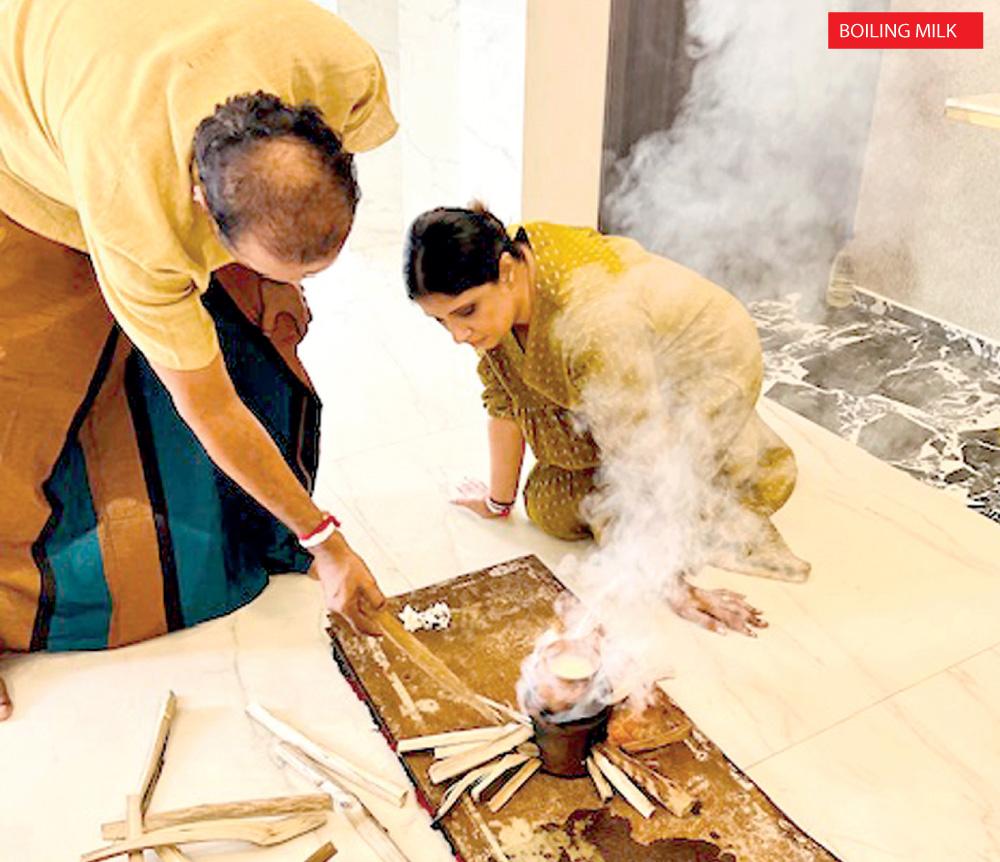

My mother is always part of our celebrations; either she is with us, or we visit her after Avurudu.
 Q: How do you prepare for Avurudu in terms of decorations, food preparation, and family activities?
Q: How do you prepare for Avurudu in terms of decorations, food preparation, and family activities?
While we don’t do anything specific in terms of decorations, we deep-clean the house to welcome the upcoming year. A week or two before the New Year, we arrange all the food needed for the table and prepare everything required for boiling milk at the auspicious time. These preparations create a festive atmosphere and bring excitement leading up to the celebrations.
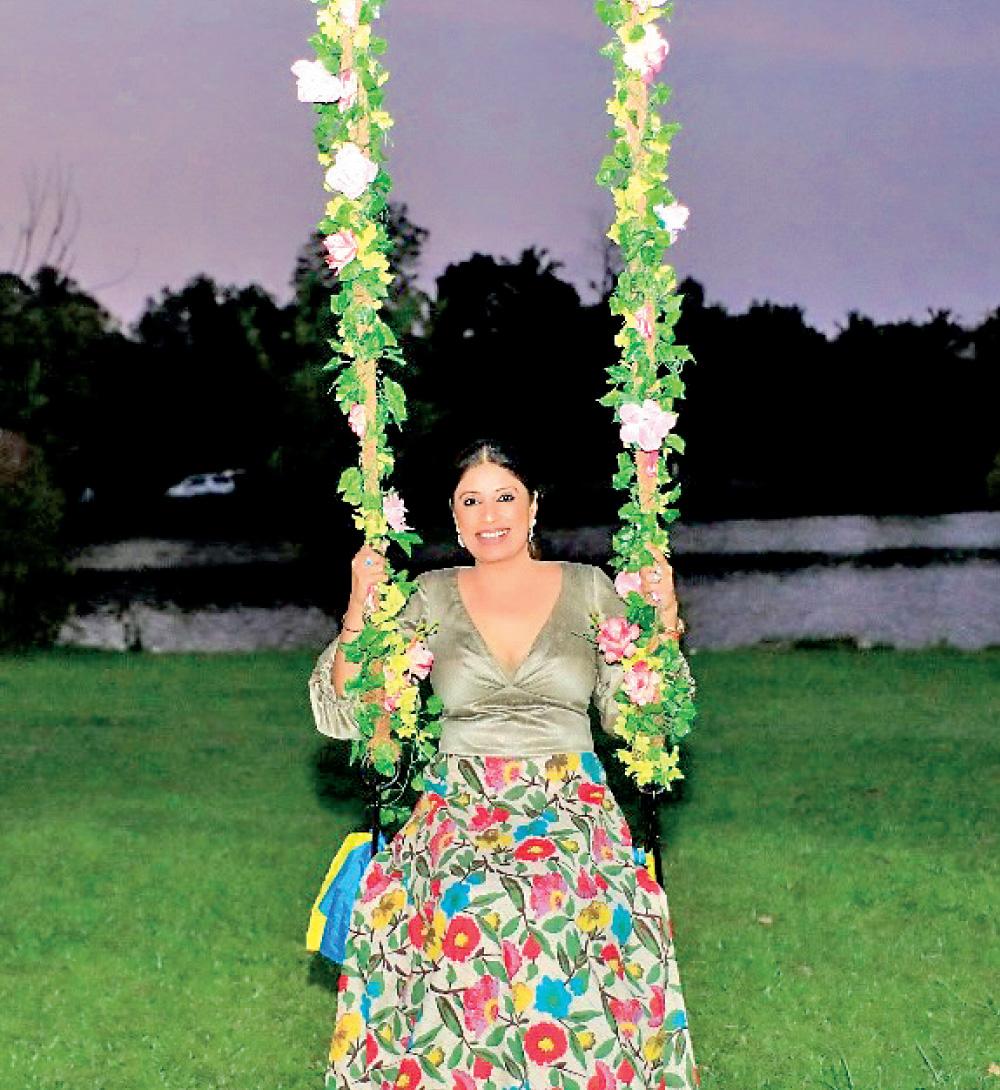

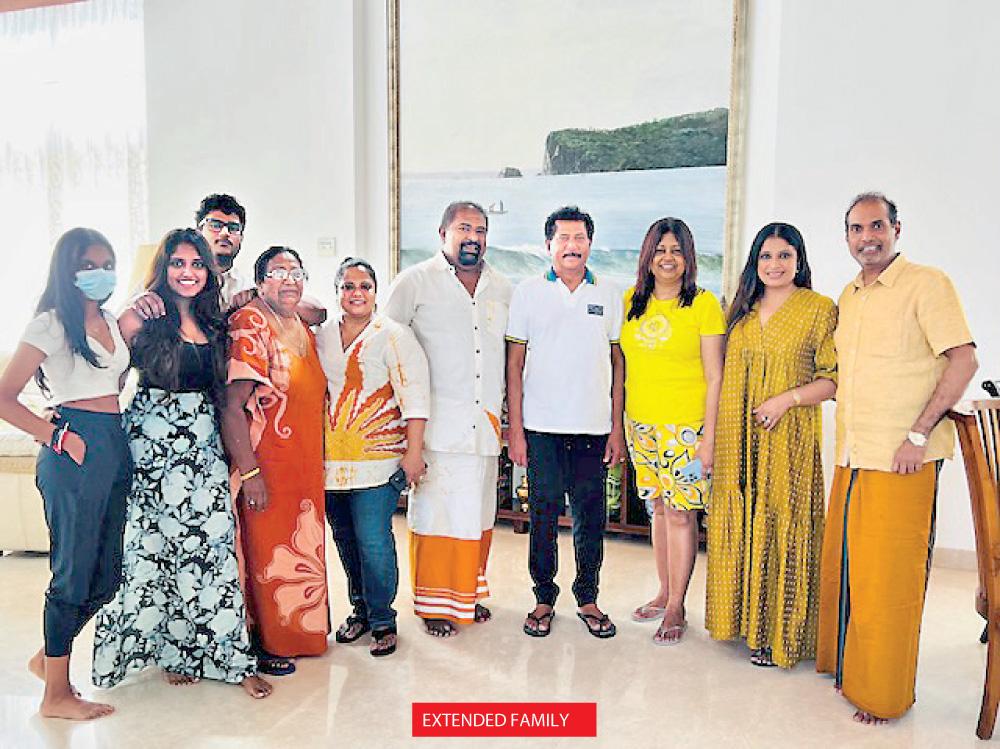
My favourite tradition is boiling milk in a pot and allowing it to bubble over, symbolizing prosperity.





